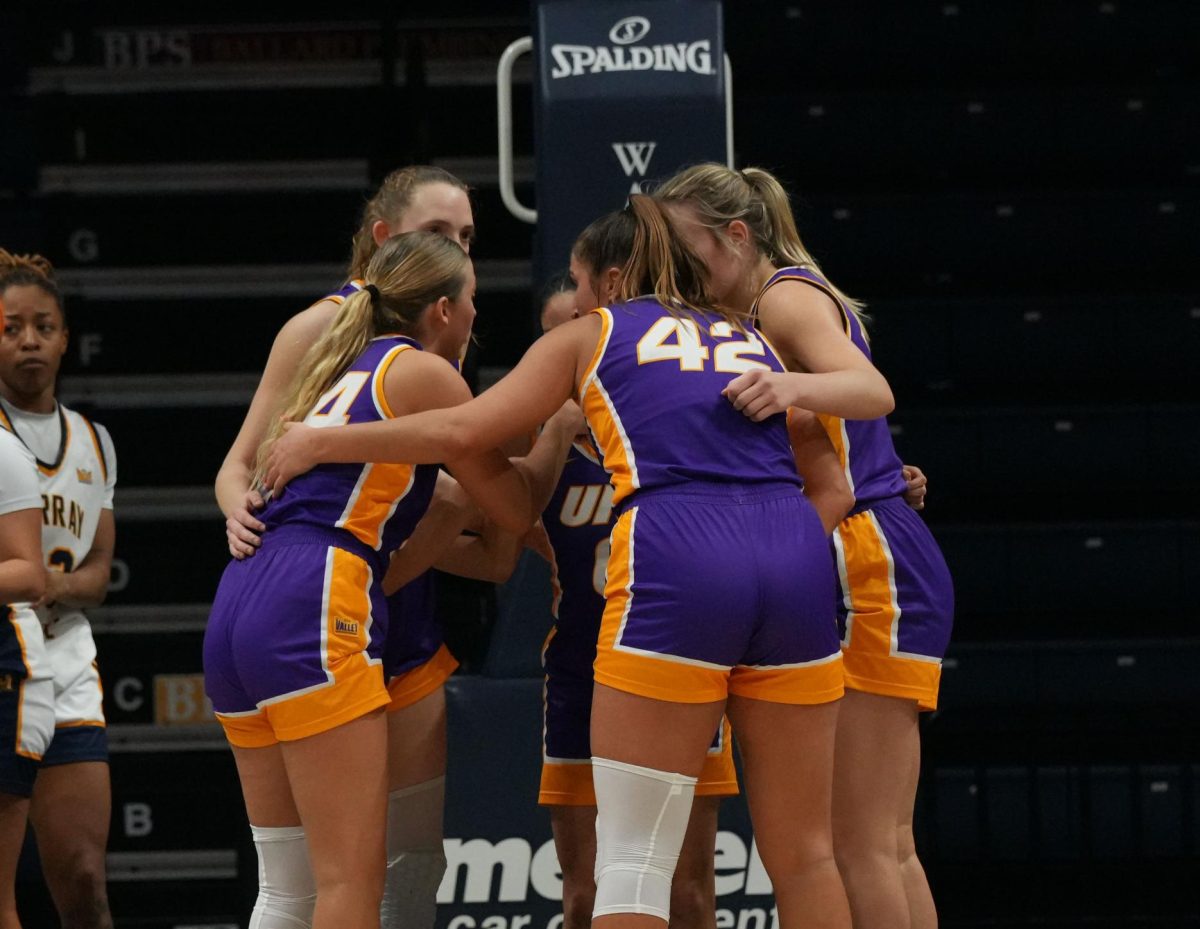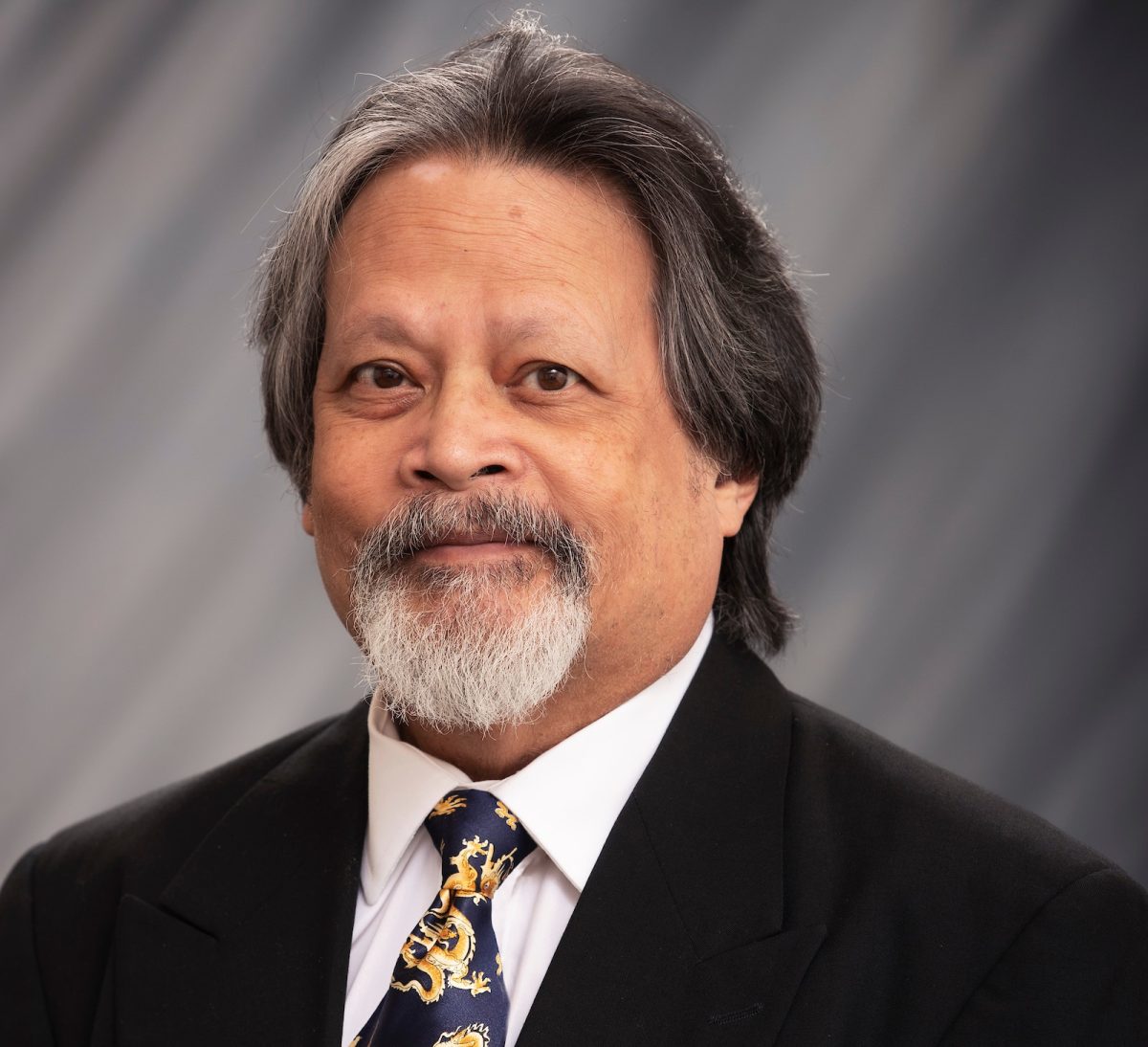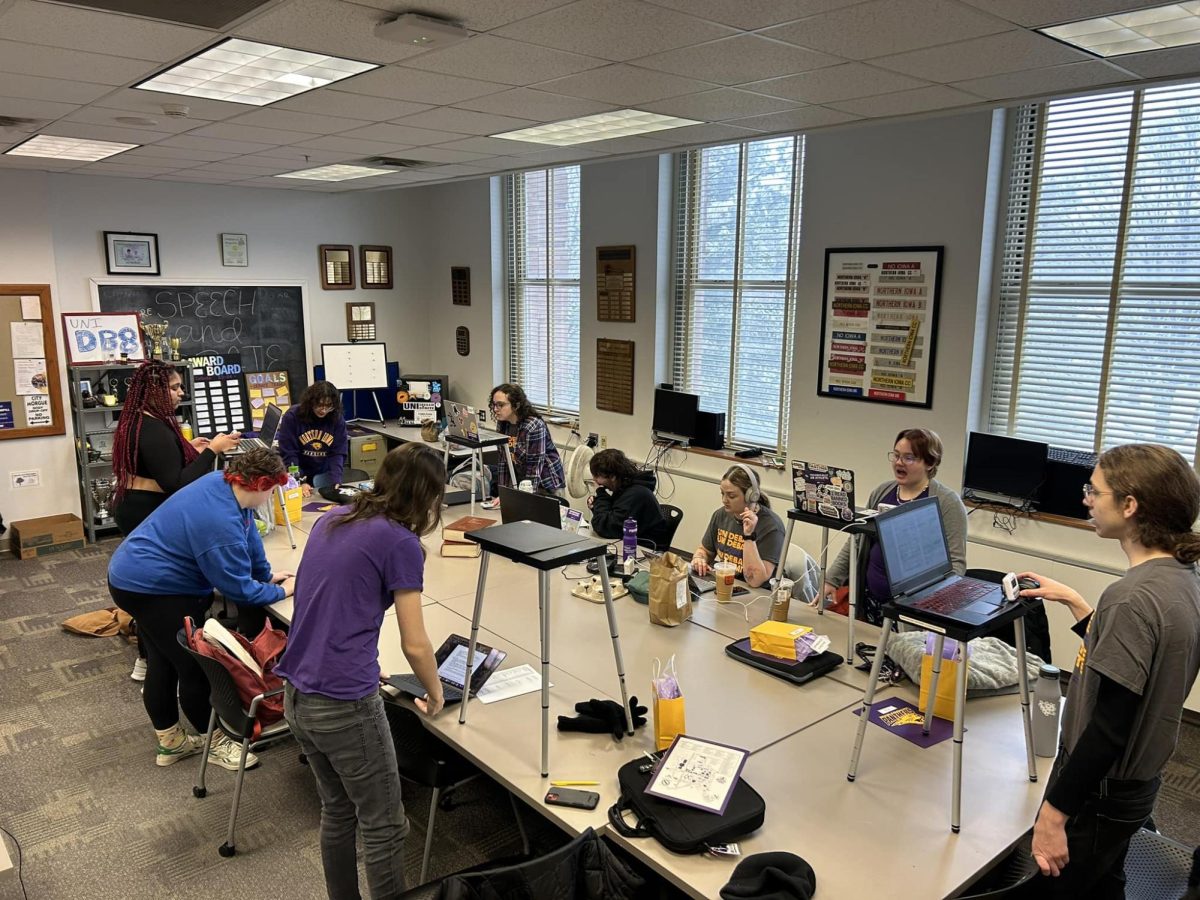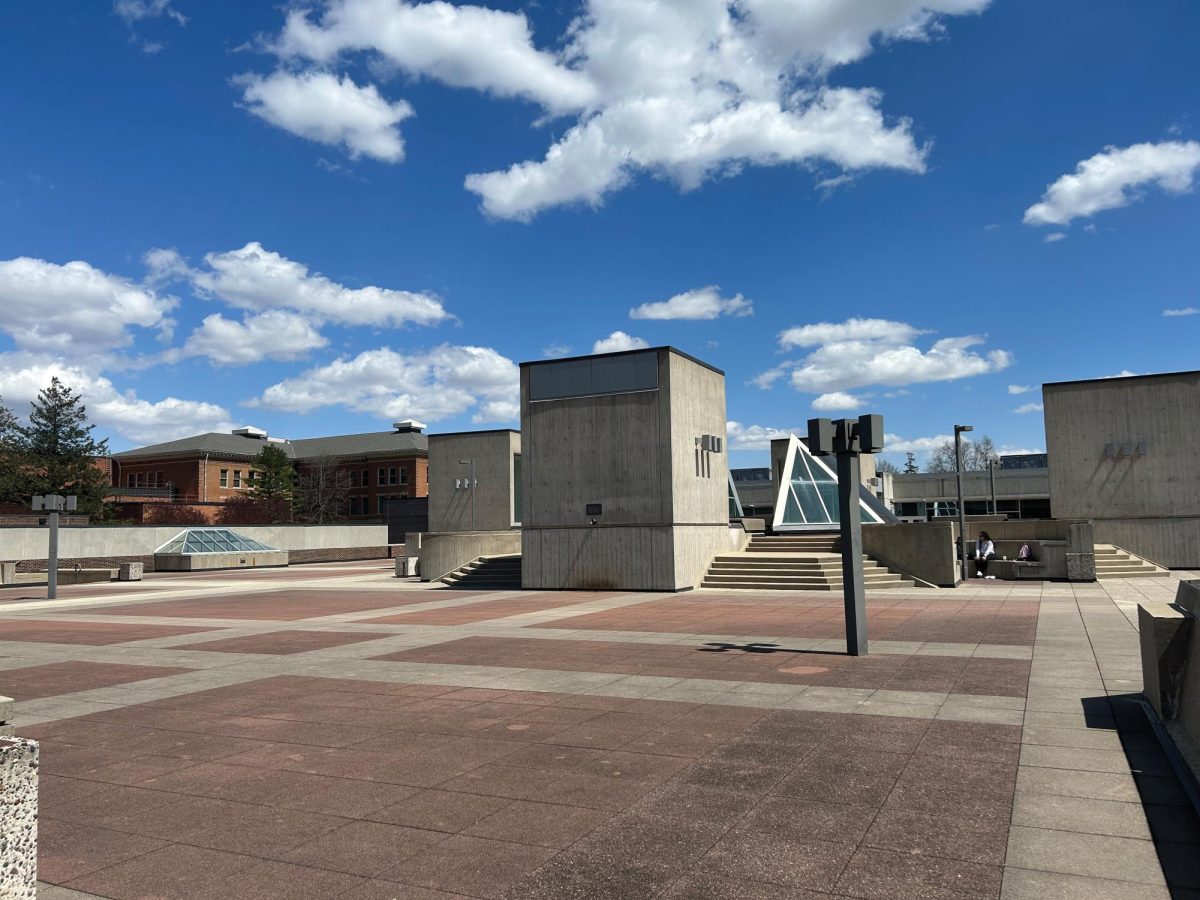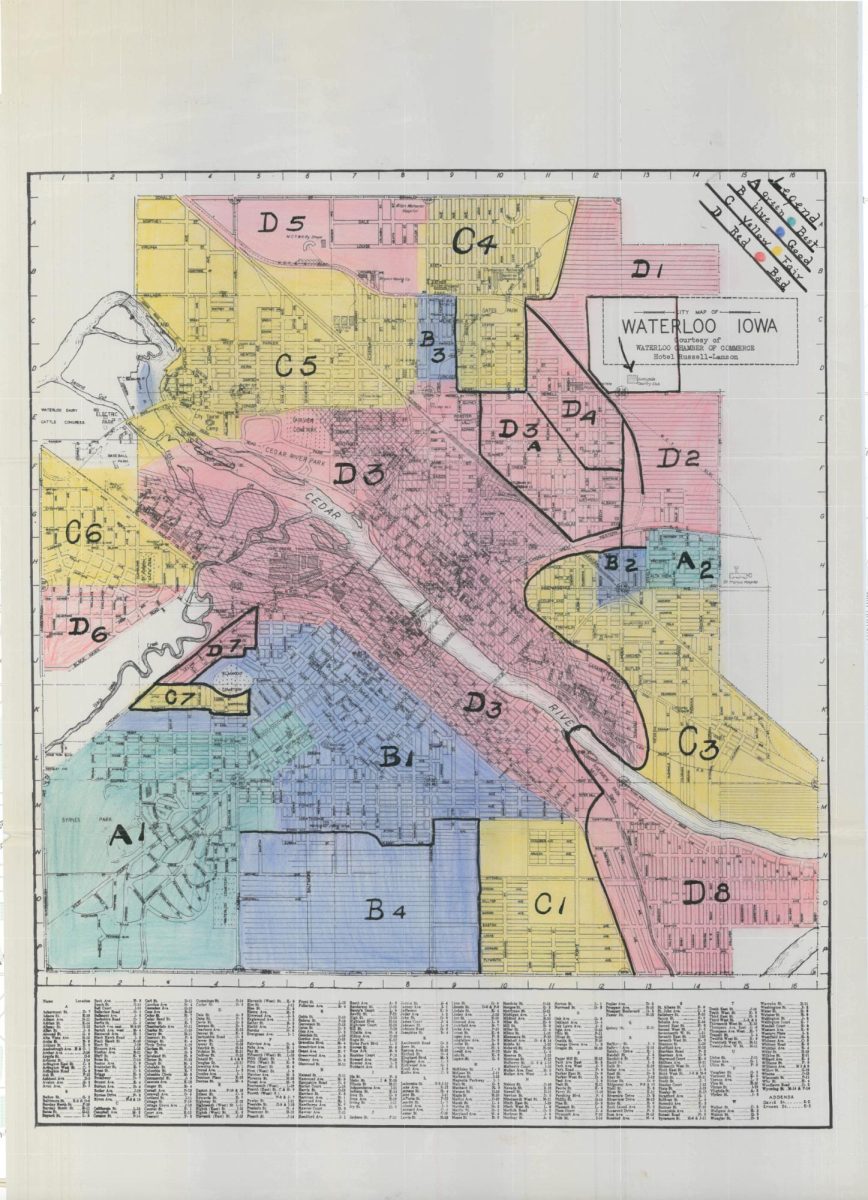Students looking to sit on conduct code panels that hears cases of student suspension or expulsion will be looking at a few changes to training and getting appointed to the panel.
During the fall semester, University of Northern Iowa student conduct administration updated and revised the student conduct code. Some of the more major changes include updates of how Student Conduct Committee Hearing aretrained and how members are chosen.
This panel hears cases involving students violating conduct codes and are up for suspension and/or expulsion, said Leslie Williams, dean of students.
After receiving the Department of Education’s FAQ’s for new students in April 2014, a report from the Office of Civil Rights suggested eliminating student positions on the panel for cases involving sexual misconduct cases. However, Williams said that 99 percent of the cases they hear involve sexual misconduct.
“So, if all of a sudden we have to eliminate almost all of the cases they hear because there’s students on the panel, we felt we had to look at whether or not it was beneficial to have panels at all,” Williams said.
Leah Gutknecht, assistant president for compliance and equity management and Title IX officer said she reviewed the policy changes and from a Title IX perspective, there’s no need to have these hearing panels for sexual misconduct cases.
When a student violates sexual conduct, he/she/they are eligible for suspension or expulsion, Williams explained, and therefore will go in front of the Student Conduct Committee Hearing.
“The need to use those panels is infrequent,” Gutknecht said.
Gutknecht explained that in cases of sexual misconduct, a trained Title IX investigator reviews evidence, interviews the parties involved, eye witnesses and provides his/her findings to the hearing panel, so all of the information the panel would need is in the report.
“[There’s] no need to bring back parties involved to re-tell the story [to the panel],” Gutknecht said.
According to Northern Iowan records, Northern Iowan Student Government passed a resolution regarding the suggested elimination. The resolution states that NISG supports keeping hearing panels for student conduct hearings as well as having student representatives on those panels.
The resolution also states NISG believes eliminating “hearing panels with student representatives is a disservice to students and allow the possibility for students to receive a less fair hearing.”
Initial revisions of the code were sent out to about nine organizations on campus, Williams said, and provided feedback regarding the revisions, which mostly regarded the hearing panel.
For two weeks in April, open commenting on the code was received by the committee. Most of the feedback received came from students, Williams said.
“. . . but the students didn’t like that [changes], so we listened to what the students had to say and we changed it,” Williams said.
Williams also said every five years, the code has be updated, per law.
Initially, members who sat on the panel had to complete 36-45 hours of training per year. Modifications indicate that members will go through 72 hours of training. The increase of training hours will be dedicated to definitions, different elements of sexual misconduct, technology use relating to sexual misconduct and other aspects.
“Whenever you’re looking at sexual misconduct, particularly, you have to look at was there force, intimidation, coercion,” Williams said. “So it’s kind of breaking down what those mean.”
After listening to and modifying the code, Williams, along with other administration involved in the process, decided to keep the hearing panel, but cut down the number of members on the panel.
Prior to those changes, the hearing panel included three faculty or staff members, appointed by the vice president of student affairs, and two student representatives, appointed by Northern Iowan Student Government. However, 17 members (consisting of a variety of students, faculty and staff members) were trained to be on the panel.
The hearing panel will now consist of one student, selected by NISG, one faculty member selected by UNI faculty senate and one faculty administrator, who will chair the panel, selected by the vice president of student affairs (currently Terry Hogan).
The faculty members interested in sitting on the panel will apply, then go through an interview process. From there, Hogan will chose who he thinks is the best choice, said Williams.
“You’re picking the best of the best, you’re hoping,” Williams said.
Williams hopes this will ensure a diversity of pool and thought.
Williams also said the name of the committee will likely change to Conduct Board, once all of the changes and the name is approved through administration.
“Overall, I think they’re [the changes] all very important to make the code cohesive and a usable document for everyone,” Williams said. “You want students to know what they’re being held responsible for and it to be that way.”


